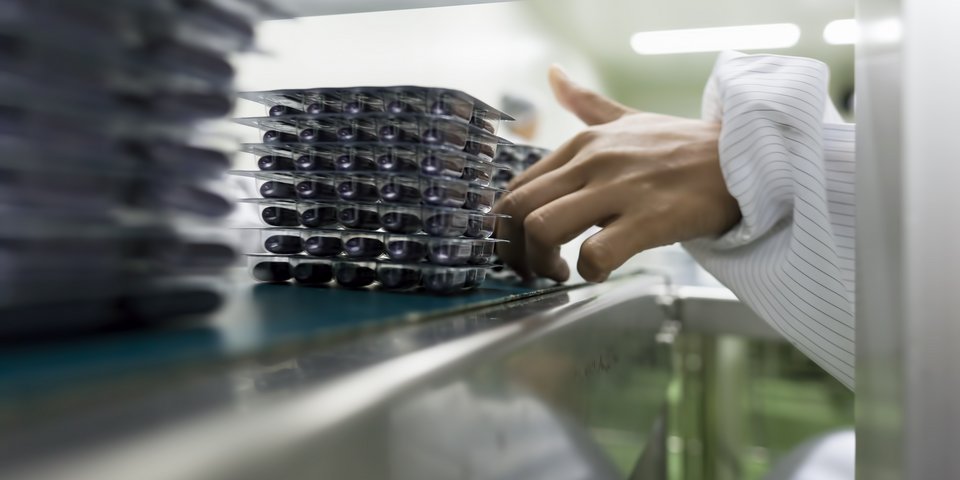 iStockphoto/enviromantic
iStockphoto/enviromanticRevision of the pharmaceutical legislation
Majority of Member States against vouchers for antimicrobial medicinal products
UM – 12/2022
In
the run-up to the meeting of the Employment, Social Policy, Health and Consumer
Affairs Council (EPSCO) on 9 December, 14 Member States expressed their
concerns about the proposed amendment to the European legislation on pharamceutical
products in a "non paper". Led by the Netherlands and knowing that
the European Council is to be briefed by the European Commission on this, the
countries have clearly rejected the idea of introducing transferable
exclusivity vouchers (also known as vouchers or TEE – Transferable Exclusivity Extension). It has thus become questionable whether
the European Commission will pursue its original idea of introducing vouchers
when it revises the general legislation on pharmaceutical products next spring.
Vouchers are expensive
A voucher should initiate a pharmaceutical
manufacturer to bring a new and effective antimicrobial medicinal product onto
the market. The voucher can be used to extend the exclusivity period during
which a company can sell one of its other medicinal products without
competition from generic suppliers. A lot can be earned if the voucher is
redeemed for a profitable "blockbuster". The European Commission
assesses the value of a voucher used for a particularly profitable pharmaceutical
product at an average of about 360 million euros per year, after deduction of
production, distribution and capital costs. However, patients and funding
bodies bear a higher burden; in addition to the incentive funds, also in the
form of delayed generic competition, which ultimately leads to higher
expenditures for pharmaceutical products.
Non-transparent, anti-competitive, counterproductive
The country group also holds that the
voucher system increases the costs of healthcare systems in an unpredictable
way. It impairs patients' access to medicinal products and does not guarantee
the development of new types of antibiotics. In contrast, the transfer of
exclusivity rights rewards the development of medicinal products in more
profitable indications.
With the rejection of the voucher, the
countries are also criticising the existing legal framework. The existing
incentive system alone would encourage product development where sales
expectations are high and where high prices promise good profits. The latter is
the case with orphan drugs. In indications where innovations are urgently needed,
there are none.
Pull incentives
Therefore, in addition to suitable direct
financial rewards, so-called pull incentives would have to be developed. These
are designed to encourage desired product development, such as with market
entry bonuses where revenue is decoupled from sales. Models for this exist,
such as the so-called "Netflix model". Under this approach, the
manufacturer would be guaranteed a fixed revenue amount regardless of
prescription numbers. Direct research and development funding that rewards
progress would also be conceivable. However, incentives should be linked to
strategic goals, such as supplying all Member States, production in Europe or
promoting the responsible use of antimicrobial agents.
Integrating HERA
The European Health Emergency Preparedness
and Response Authority (HERA) could also play a special role in researching and
procuring new products. A proposal for this was made by the Joint Action on
Antimicrobial Resistance and Healthcare Associated Infections (JAMRAI). In July, HERA
identified the threat of antimicrobial resistance as one of the three
priority cross-border health threats in the EU which call for
countermeasures at the Community level.
